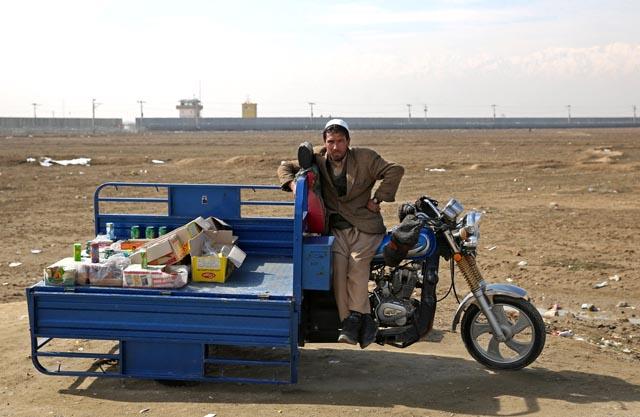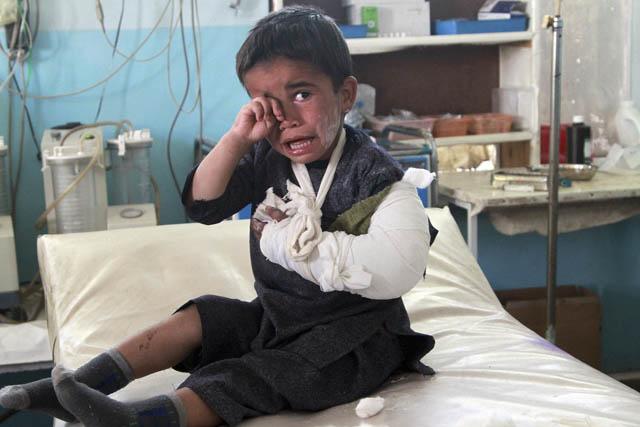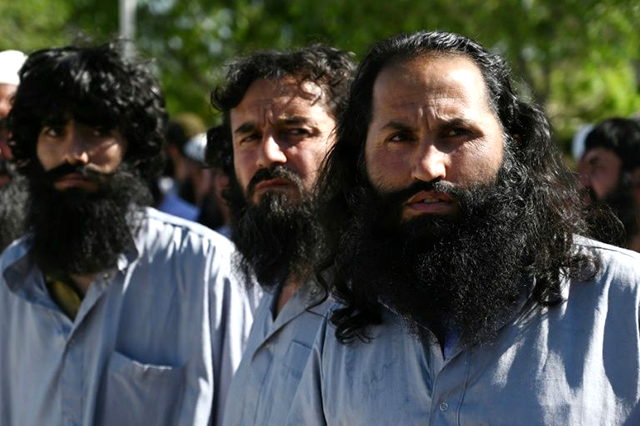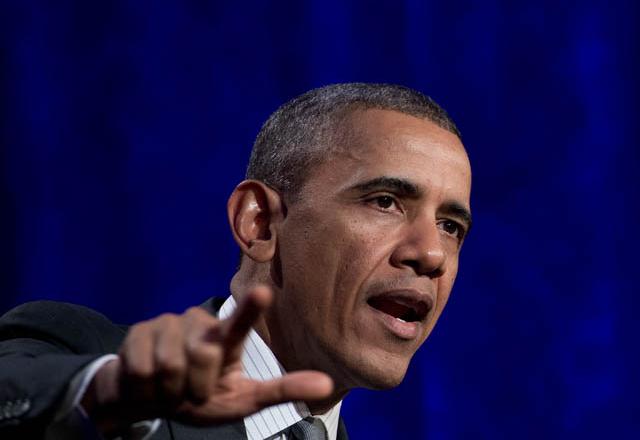KABUL — Scores of alleged Taliban fighters walked free from jail in Afghanistan on Thursday, triggering condemnation from the United States which said they were responsible for killing NATO and Afghan soldiers as well as civilians.
The release of the prisoners further worsened the bitter relationship between Kabul and Washington as US-led foreign troops prepare to withdraw after 13 years fighting the Islamist militants.
“The 65 prisoners were freed and walked out of the Bagram prison compound this morning,” Abdul Shukor Dadras, a member of the Afghan government’s review body, told AFP.
“Their cases were reviewed and we had no reason to keep them in jail.”
The US embassy criticised the releases as “a deeply regrettable” move that could lead to further violence in Afghanistan, which has suffered a bloody Taliban insurgency since 2001.
“The Afghan government bears responsibility for the results of its decision,” the embassy said in a statement. “We urge it to make every effort to ensure that those released do not commit new acts of violence and terror.”
But President Hamid Karzai has called Bagram prison a “Taliban-producing factory” and alleged that some detainees were tortured into hating their country.
The US military described the men as “dangerous individuals” directly linked to attacks which killed or wounded 32 NATO personnel and 23 Afghans.
It gave names and details of three men to be freed, including Mohammad Wali, whom it described as a suspected Taliban explosives expert “biometrically linked” to two bombings against troops in Helmand province.
“Violent criminals who harm Afghans and threaten the peace and security of Afghanistan should face justice in the Afghan courts,” the US force said in a statement.
US aid at risk?
Plans to free the men have enraged US officials and become a focus point of strained relations as the two countries wrangle over a security deal, which would allow some American soldiers to stay in the country after 2014.
Most US and other foreign troops are scheduled to pull out this year, but a small force may stay to conduct training and counterterrorism missions.
Thursday’s prison releases could threaten essential funding for Afghanistan as US lawmakers become increasingly frustrated at Kabul’s antagonistic approach to its biggest aid donor.
NATO chief Anders Fogh Rasmussen also criticised the decision, which he said was “a major step backwards for the rule of law in Afghanistan and poses serious security concerns”.
Afghan officials say the Bagram detainees have been held, often for years, without being charged or brought to trial, and that there is insufficient evidence to prosecute them.
The prison, 50 kilometres north of Kabul, was the main detention centre housing Taliban and other insurgents captured by Western military forces until it was transferred to Afghan control last year.
The fate of the remaining detainees had been a running sore for Karzai, who sees the jail as a symbol of Afghanistan’s efforts to regain its national sovereignty.
Some analysts believe the Afghan government hopes that the releases could help kick-start moribund peace talks with the Taliban, who were ousted from power in 2001.
Lieutenant General Ghulam Farouq, head of the military police that runs Bagram jail, told AFP the prisoners “got into cars and headed off to their homes”.
“We freed them and it’s up to them how they left. We didn’t prepare transport for them,” he added.
Karzai was in Turkey on Thursday to met Pakistani Prime Minister Nawaz Sharif, with efforts to start negotiations with the insurgents likely to be high on the agenda.
Karzai, who is due to step down after presidential elections on April 5, is pushing for neighbouring Pakistan to help start a peace process before NATO troops withdraw.
The Afghan president made a surprise decision late last year not to sign the security deal with the US that would allow about 10,000 troops to stay after this year, although negotiations on the agreement continue.
A similar deal with Iraq collapsed in 2011 leading to a complete US troop pullout, and the country is now in the grip of worsening sectarian violence.



















